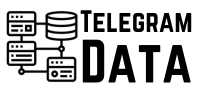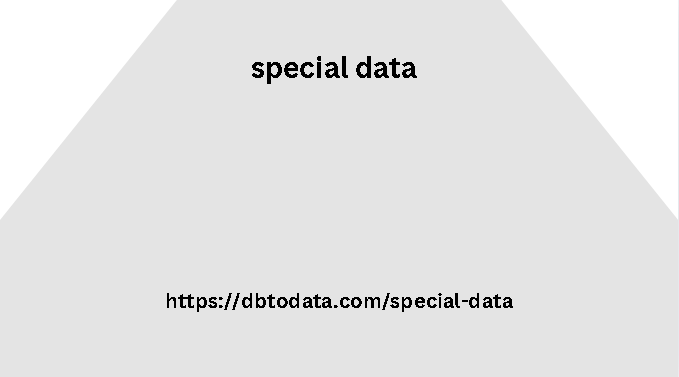Fortunately, you don’t have to be caught off guard. This is a good question to prepare for ahead of time, and with some thought and practice, your “weaknesses” can actually make you a stronger candidate. It’s important to remember that this is not a trap or “trick you” question. Your interviewer is not trying to make you lose your competitiveness.
They want to see that you are willing to
Fortunately you don’t have to be Honestly address your weaknesses and work on improving; to make sure that your weaknesses do not affect your ability to perform specific duties; and to test your ability to answer difficult questions and stay calm under pressure. The most important consideration for this question is authenticity. Your answer should be honest and feel genuine because it will be unique to you and based on your personal experiences in the workplace.
Answering this question in a smart
Thoughtful way is actually Fortunately you don’t have to be an opportunity to turn your weaknesses into something positive by describing how you thrive and perform at your botim database best. Here are some tips and examples to get started: 1. Take a personality test. Some options include the Myers-Briggs (aka 16 personality) test, the Enneagram test, and the StrengthsFinder.
Understanding your personality can help
You identify weaknesses in your personal life, which can what science is the enneagram (enneagram) also translate to your career. Another similar approach is to identify your learning style. For example, a possible answer to a weaknesses question might be to describe that you are primarily a visual learner: “This means that I sometimes have a hard time remembering information when I pass it on in meetings or on the phone. To combat this, I always make sure to take detailed notes so I can refer to them later.
This practice strengthens my
Fortunately you don’t have to be attention to detail, helps me become more organized, and makes me a more reliable employee.” 2. Think about what you’re good at. It may seem counterint rich data uitive, but this can help you identify your weaknesses. For example, if you’re very good at multitasking, you might find that you have a hard time focusing on one task for any length of time.

